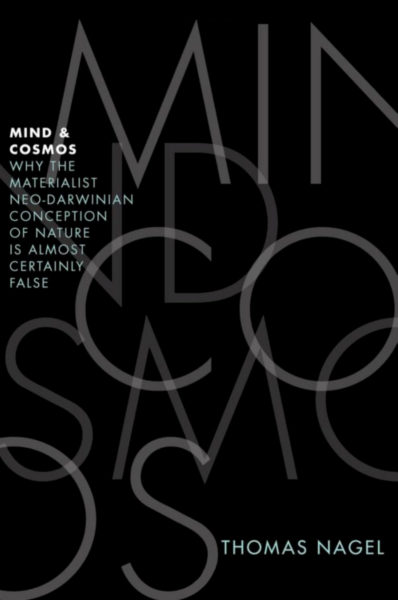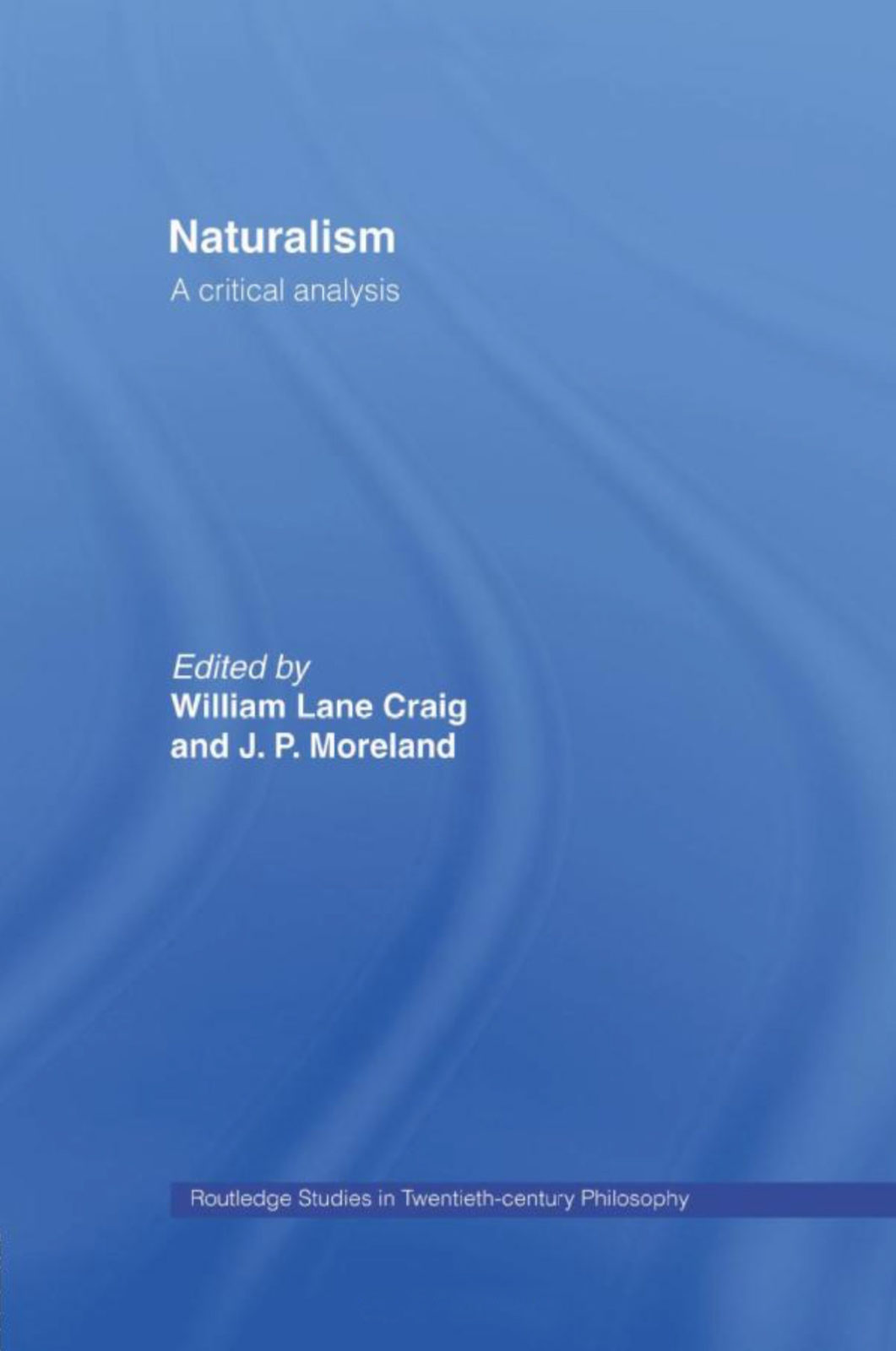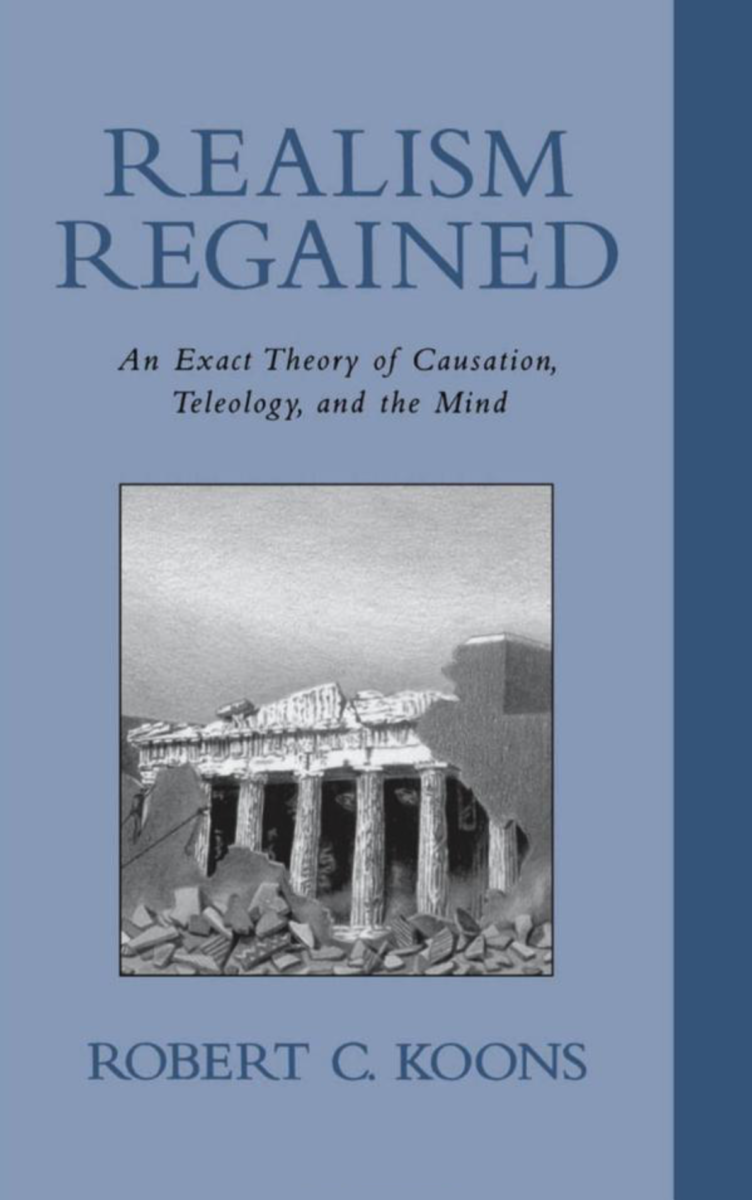


Dissent of Man
If someone had predicted a year ago that Oxford University Press would publish a book with the subtitle Why the Materialist Neo-Darwinian Conception of Nature is Almost Certainly False, I might have wondered what alternate universe he was inhabiting. But Oxford did publish it, and the aftershocks among the intellectual elite have yet to abate.

The book’s author, philosopher Thomas Nagel, is a professor at New York University and the recipient of numerous awards and honors, including an honorary doctorate from Oxford University; fellowships from the National Science Foundation and the National Endowment for the Humanities; and elections to such august bodies as the American Academy of Arts and Sciences and the American Philosophical Society. It is a testament to Professor Nagel’s stature that his critique of Darwinian theory was allowed to be published at all. But his stature has not immunized him from a flood of abuse and even suggestions of creeping senility.
It’s not often that a book by a professional philosopher attracts the notice — let alone the ire — of the cultural powers-that-be. One can think of Allan Bloom’s The Closing of the American Mind in the 1980s, but other examples are hard to come by. At any rate, Mind and Cosmos is well on its way to becoming a book that can’t be ignored by the thinking public. Thus far, it has been denounced in the Nation and the Huffington Post, dubbed the “most despised science book of 2012” by the London Guardian, defended in the New Republic (where Nagel’s critics were blasted as “Darwinist dittoheads” and a “mob of materialists”), subjected to a feature story in the New York Times, and put on the cover of the Weekly Standard, which depicted Nagel being burned alive, surrounded by a cabal of demonic-looking men in hoods.
The author has attracted special displeasure from the powers-that-be for using Mind and Cosmos to praise intelligent design proponents such as biochemist Michael Behe and philosopher of science Stephen Meyer. As the New York Times explained, many of Nagel’s fellow academics view him unfavorably “not just for the specifics of his arguments but also for what they see as a dangerous sympathy for intelligent design.” Now there is a revealing comment: academics, typically blasé about everything from justifications of infanticide to pedophilia, have concluded that it is “dangerous” to give a hearing to scholars who think nature displays evidence of intelligent design.
Read More ›
Samurai Bioethics
Happy Darwin Day?
Today marks the bicentennial of two notable birthdays, Abraham Lincoln’s and Charles Darwin’s. Lincoln is a hero to many Americans, but an international campaign is now under way to declare Feb. 12 Darwin Day. According to many of his modern followers, Darwin is the world’s greatest scientist, and his theory is the cornerstone of modern biology – if not the Read More ›
The Divine Comedy: Dawkins’ Disco Inferno
Richard Dawkins has got himself in a bit of a pickle and, in an effort to wash off the brine, now appears to be lathering up mountains of foam. In an article in the LA Times (see here), he is at pains to distance himself from remarks he made in the newly released movie Expelled: No Intelligence Allowed. Toward the Read More ›
Intelligent Critique
This article, published by National Review, mentions Discovery Institute Center for Science & Culture Senior Fellows Richard Sternberg and Guillermo Gonzalez: Dr. Richard Sternberg, a biologist, publishes a peer-reviewed paper, which posits evidence for intelligent design (ID) in the universe. … Iowa State University denied tenure to Guillermo Gonzalez, an accomplished astrobiologist. University officials admitted that Gonzalez’s work on ID Read More ›
One on One: Faith in Hierarchy
This article, published by the Jerusalem Post, includes an interview with Discovery Institute Senior Fellow George Gilder: George Gilder has been famous in the United States for more than three decades. Well, infamous would be a more accurate adjective – considering the political-cultural climate in which he emerged and to which he has devoted his life’s research and writings. The Read More ›

Naturalism
This impressive volume contains critical essays on naturalism from the perspectives of theology, ethics, cosmology, ontology, and epistemology. Various Discovery Fellows make contributions including Robert C. Koons, J.P. Moreland, William Lane Craig, and William Dembski. Koons, a professor of philosophy at the University of Texas, begins by noting that there is a simple correlation between existence and the requirement of Read More ›

Critics Want More Facts, While Darwinists Push Their Faith

Realism Regained
In this technical philosophical treatise, Discovery Institute Fellow Robert C. Koons investigates an innovative philosophy of mind. Koons takes on two powerful dogmas in this wide-ranging philosophical work: anti-realism and materialism. In doing so, Koons develops an elegant metaphysical system that accounts for such phenomena as information; mental representation; our knowledge of logic, mathematics and science; the structure of spacetime; Read More ›